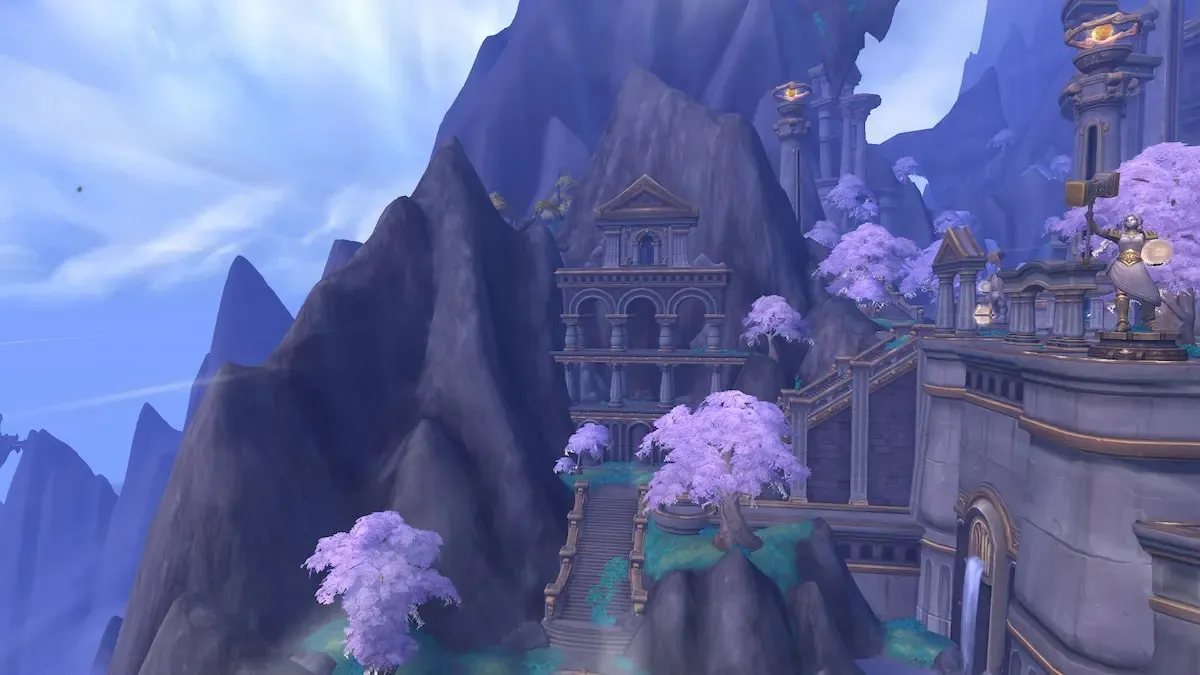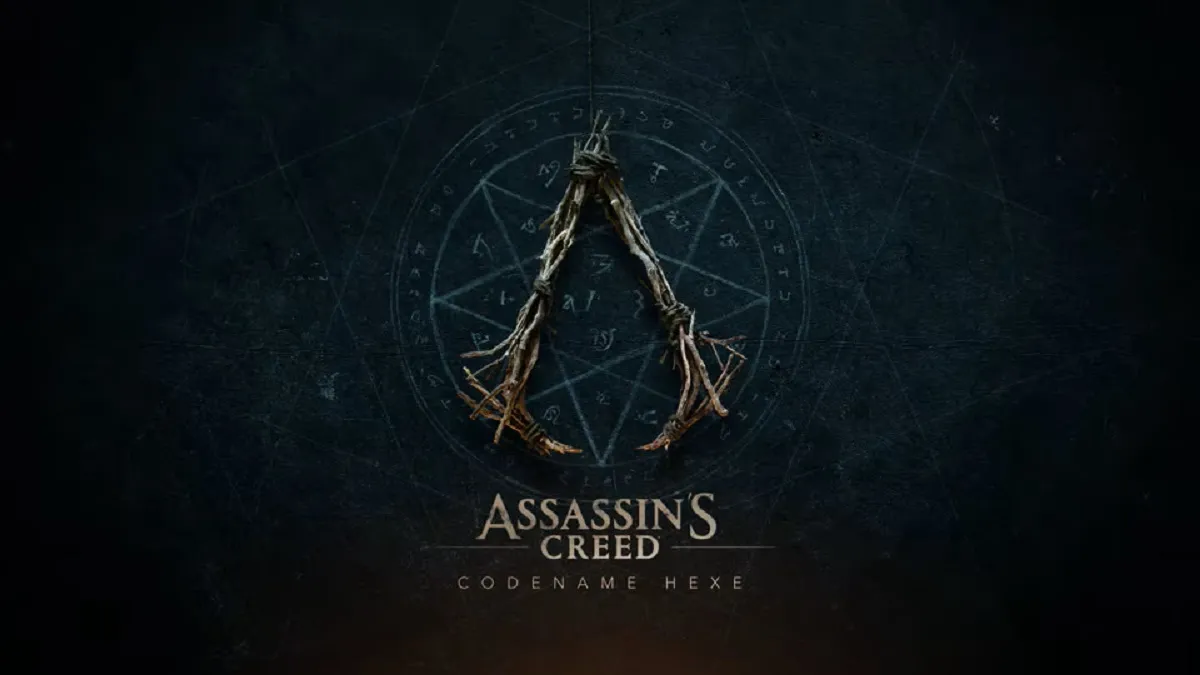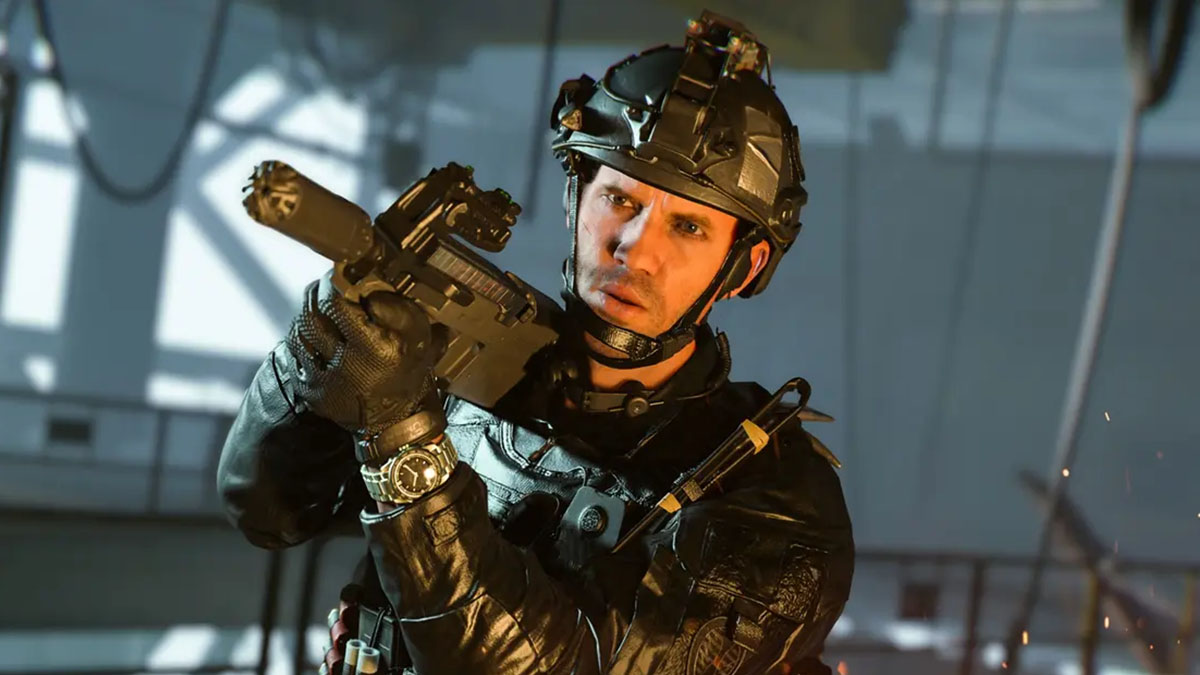If you haven’t played Carious Welting, The C Word, Meat Boy or Gish, you probably should. They all have two things in common: firstly, they’re really good games, and secondly, they were all co-created by Edmund McMillen.
Edmund just released a CD including basically everything he’s made in the last ten years, and I sat down with him (figuratively speaking) to talk about the disc, his work, and other random stuff that I haphazardly threw at him.
DTOID: As of late, you’ve been working on a considerable number of indie games — it almost seems like every week these past few months, a new Edmund McMillen co-created game hits Newgrounds. What accounts for this remarkable prolificness?
EDMUND MCMILLEN: The death of my grandmother and other personal events kinda spun me into this “I’m done pussyfooting it” attitude. I don’t want to leave this earth without having felt like I really gave it my all and tried; the rush of indie games I’ve recently released is me “trying”.
DTOID: You’ve made many comics and cartoons, but are arguably best known for the games you’ve contributed to. For the future, do you see yourself moving in any particular medium-specific direction? Will you continue to work on comics and cartoons, or (when considering the aforementioned prolificness) are you moving more in the direction of focusing on videogame art? Is it more satisfying to work in a particular medium versus another?
EM: I haven’t made a comic in years. I tend to bounce around from one art form to the next as the years go by, but I think games are sticking. Game design is a very very new art form and isn’t really being tapped into in that sense much at this point, making it rather easy to make something that really stands out, so that’s a big push for me personally.
We are all at a point as game designers where we can actually mold the future of games. I mean, look at whats cool now: experimental indie games are the new hip thing. We have more pull then most devs realize, and if that’s not motivation to do something awesome, I don’t know what is.
DTOID: People can usually tell an Edmund McMillen game when they see one if only for the visuals. Beyond the art, though, what design input do you have on the games you collaborate on? What interests you about game design? What’s the most interesting thing you’ve learned?
EM: Most of the games I’ve worked on recently have been my basic idea, then myself and the programmer will mold the game as we develop it. I never write something and say “THIS IS HOW IT WILL BE;” game design isn’t something you can just do in your head and have it come out perfectly, it’s a marriage of ideas between the people involved.
Like I mentioned before, I’m really interested in game design because it’s a new art form. We are slowly finding new ways to express emotion and story through game play and that’s really exciting. I think when people hear “games are art” they tend to automatically think you’re talking about the graphics, written story, or cut scenes in a game. Sure, those are art in their own right, but when I talk about games being art I’m talking about the art of game design itself. Being able to express emotion, set a mood, and tell a story through game play alone is a personal goal of mine, but I also think that any game that helps the artist express himself in some way or shows a pieces of that designers personality is automatically art in itself.
DTOID: Roughly ten years of your artistic career are now available on a single CD. How does it feel to have such a large portion of your life compressed onto a single, fragile disc, potentially ruined by scratches or temperature, ever teetering on the precipice between life and death, functioning and broken, much in the way our own lives hang in the balance both literally and emotionally? Also, how much does it cost?
EM: Heh, it’s better then having it floating in pieces around the internet.
Im kinda surprised other artist havent done this, its actually rather inexpensive.
But yeah, 10 years of my life only costs you 10 bucks, it honestly has everything I’ve done independently on it: 17+ games, 15+ comics, Animations, Sketch books and commentary detailing my whole career.
DTOID: What’s the biggest mistake you’ve made that you learned the most from?
EM: My biggest mistake thus far would probably be becoming introverted and being self destructive for the past few years. After my father died 3 years ago, I kinda sunk into this panic induced, obsessive mode where I tried to forcefully gain control of every aspect of my life, which in turn almost totally destroyed it.
When my grandmother, who was a major influence on my art, passed away a few months ago her death kind of closed that chapter for me and I was able to let go of the things in life that I couldn’t control. This new outlook towards life totally changed me and the way I view everything, now feel more inspired and motivated then I ever have before.
The past few games I’ve done really reflect many aspects of those events.
Coil = the acceptance of death
Aether = the dangers of introversion and escapism
Grey matter = living with depression and or mental illness
DTOID: If you get hit by a bus tomorrow and had to have one animation, comic, or game forever available for either viewing or play on your tombstone , what would it be and why?
EM: Right now I’d say Aether. It’s currently the game I’m most proud of because its by far the most personal and honest project I’ve ever done, I’m very proud of it.
DTOID: In addition to your more lighthearted fare like Clubby the Seal, you’ve done a significant amount of work in the artgame field with Aether, Coil, and even some prototype art for Braid. Going forward, how important are these more serious works to you, in terms of your artistic desires and development?
EM: Expressive, personal and or “art” games are very important to me, but not at all vital. I still enjoy making games that are just fun. It kinda goes back into the whole Craft vs Art argument people usually debate over when talking about games as art. A lot of my other games lean towards craft; Meat Boy is a good example. Not everything I make has to be all deep and meaningful, but I still try to put a little piece of myself in everything I do. I think it gives the game more heart and helps make it stand out more.
DTOID: What ideas are you interested in exploring through gameplay in the future?
EM: I’d love to explore multiplayer games more. The whole interaction people have through games is very intriguing and I think I have a few ideas that can kind of explore that area more.
Alex and I are also playing with the idea of incorporating “virtues” into games through gameplay, like valor and sacrifice. The goal is to feature some of those ideas in Gish 2.
I’d also like to try my hand at a horror game, but not the jump out and scare you kind, more unsettling and disturbing.
DTOID: Your blog describes you as “artistically independent” and in an IGN interview, you said you want to stay indie until you die. What it is about The Man that makes you want to stay away from him?
EM: I’m independent, my work is unfiltered and honest. Now, you can argue that making a game about dicks and vaginas is just some lowbrow, throwaway childish idea, but the point I was trying to make with it is that if you’re indie you can say and do whatever you want — even if it is just some lowbrow dick joke.
Not having to answer to someone is extremely vital when making art and one of the main reason why mainstream games aren’t looked at as art, because they are so filtered. The only way games are going to be taken as seriously as music and movies is if we loosen up that filter a bit and get more honest with our work. Personally I think independent artists are the only hope we have of that ever happening.
DTOID: What is the purpose of art?
EM: Honestly I don’t have a real solid answer for that one because I haven’t totally figured it out yet.
For me the purpose of art is giving people the ability to leave something behind that’s a piece of them in someway. I guess it’s kind of like having kids, having something that lives on after you are gone that proves you were here.
DTOID: You talked about one of the ideas behind Cunt (defining independence). Do you believe in judgment of quality of art — in other words, do you find, say, Coil superior to Cunt because of its serious nature, or are they of equal quality while doing totally different things?
EM: I know a lot of people do, I have close friends that think of Cunt as a total throw away piece of crap game and think Aether is amazing.
It’s definitely one of those situations where when you’re trying win an argument you can argue your point in two ways: the 1st way is the hard way, explaining your view in depth to get your point across, the 2nd way is to just punch whoever you’re arguing with in the face.
Cunt is definitely a punch in the face, but does that make it any less meaningful? Visceral responses and ideas just work best sometimes, but they are also the “cheap” way at making your point and less respected.
Either way, I view them as equal means of expression and personally I enjoy Cunt more then Coil at this point in time, but I don’t know how long that will last.



